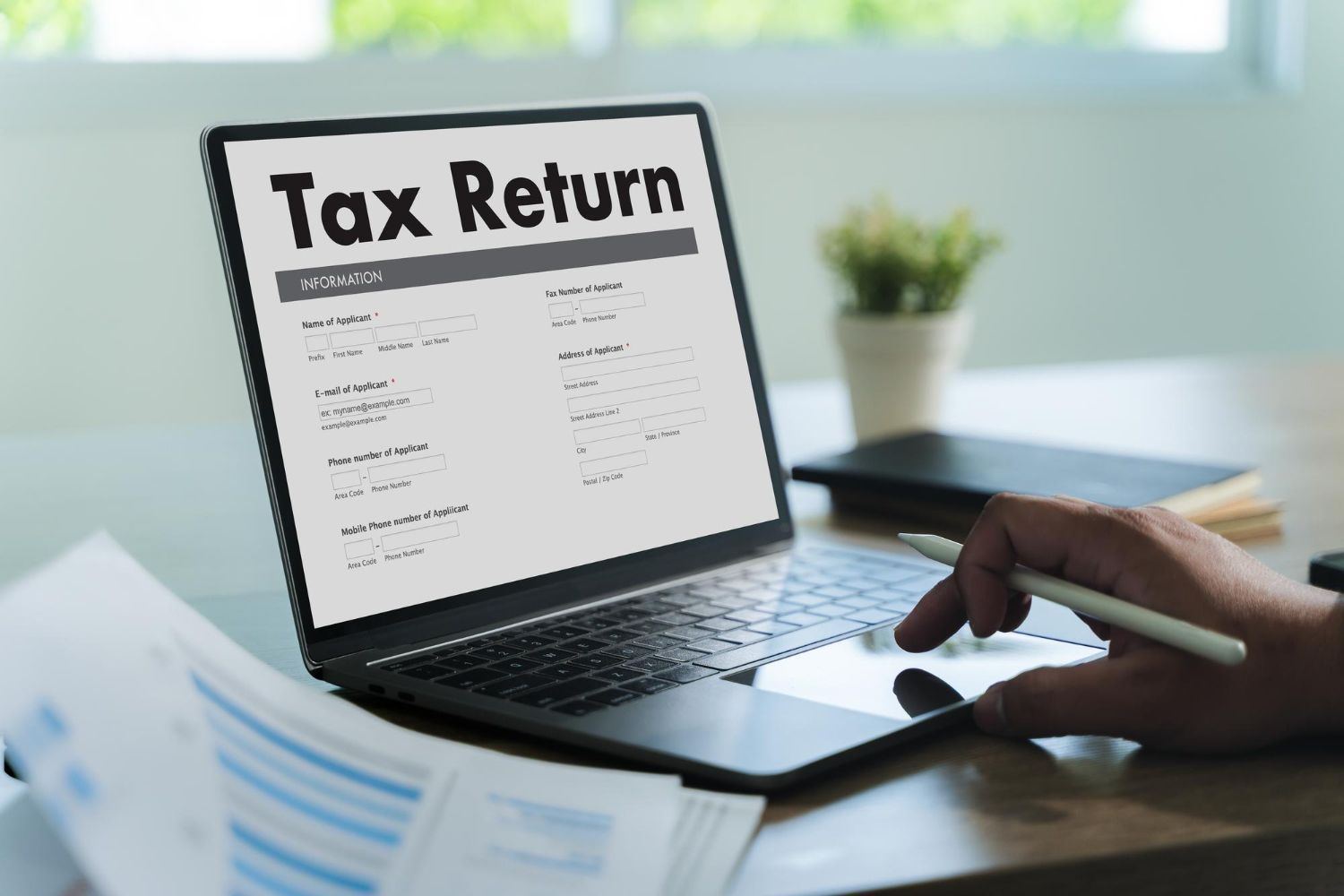Deadline for Corporate Tax Filing for ODSP
Corporate Tax Regulation in Canada: Federal and Provincial Systems
Corporate tax filing in Canada is overseen by the Canada Revenue Agency (CRA) at the federal level. However, it’s important to note that provinces have their own tax systems and establish general corporate tax rates that are applicable to businesses of all sizes.
The general corporate tax is imposed on the earnings of both large and small business corporations, with certain deductions for general tax reductions. These tax rates have undergone changes over time.
In response to the challenges posed by the COVID-19 pandemic, the Canadian government introduced several reforms to its corporate tax system aimed at supporting the business community.
As of 2019, big corporations were subject to a 28% general corporate tax rate, while small businesses faced an 8.5% rate. However, starting from the beginning of 2020, the small business corporate tax filing rate was reduced to 10% of the total. Furthermore, on January 1, 2022, the rate was further reduced to 8% to provide additional relief for small businesses.
Tax Deadline in Canada for 2023: Important Information
The regular deadline for filing your corporate tax filing return in Canada is April 30th each year. However, since April 30, 2023, falls on a Sunday, the deadline is extended to the next working day, which is April 2nd, 2023. To ensure that your tax return is considered on time, it must be received by the corporate tax filing authorities on or before April 2nd, 2023.
Filing your tax return promptly is crucial to avoid penalties and ensure timely processing of any tax refunds you may be eligible for. Delays in filing can also have implications for your government benefits, potentially causing interruptions or delays.
Make sure to adhere to the extended deadline to fulfill your corporate tax filing obligations, receive any applicable refunds, and maintain the smooth operation of your corporate affairs.
Corporate Tax Filing Requirements in Canada
All corporations operating in Canada, with the exception of those exempted, are required to file annual corporate income corporate tax filing returns using the T-2 form. This requirement applies regardless of whether or not the corporation has any taxable income. The following types of organizations fall under this filing obligation:
- Non-profit organizations: Non-profit entities engaged in various charitable, educational, or other non-profit activities are required to file corporate tax returns.
- Inactive corporations: Even if a corporation is not actively conducting business or generating income, it is still obligated to file its corporate tax return.
- Tax-exempt organizations: Organizations that have been granted tax-exempt status must still fulfill their filing obligations by submitting corporate tax returns.
It is essential for these entities to comply with the corporate tax filing requirements, ensuring adherence to corporate tax filing regulations and maintaining their legal standing within the Canadian corporate framework.
Filing Corporate Tax Returns: A Step-by-Step Guide
For many corporations, electronic filing of tax returns is now possible and, in some cases, mandatory, particularly for those with annual gross revenue exceeding $1 million.
Non-resident corporations that meet specific criteria are also required to file their tax returns using the T-2 form. The following situations typically apply:
- Operation of business in Canada: If a non-resident corporation conducts business operations within Canada, it must file a tax return.
- Disposal of Canadian taxable property: Non-resident corporations that have sold or disposed of taxable Canadian property during the year are obligated to file a tax return.
- Realization of taxable capital gains: If a non-resident corporation has generated taxable capital gains in Canada, it must file a tax return accordingly.
It is important to note that corporations must file corporate tax filing returns even if their profits or gains are exempt from corporate income tax due to specific tax treaties.
To ensure compliance with the tax regulations, corporations should follow the proper procedures for filing their tax returns. Electronic filing options offer convenience and efficiency, facilitating the submission process for eligible corporations.
Exemptions and Obligations for Non-Resident Corporations in Filing Tax Returns
Non-resident corporations may be exempt from filing tax returns under certain circumstances, while in other cases, filing is required for specific purposes. Here are the details:
Exemptions from corporate tax filing return:
- No liability for tax under Part 1: If a non-resident corporation has no tax liability under Part 1 of the tax year, it may be exempt from filing a tax return.
- No tax due for preceding tax year: Non-resident corporations that have no outstanding tax payable from any previous tax year may be exempt from filing a tax return.
- Disposal of excluded property: If the property being disposed of by a non-resident corporation is classified as excluded property under Section 116 or has a certificate issued under Section 116, it may be exempt from filing a tax return.
Tax return filing obligations:
- Application for refund: If a non-resident corporation wishes to apply for a tax refund, it must file a tax return.
- Payment of Part 1 tax on specific income: Non-resident corporations that want to pay Part 1 tax on income such as timber royalty or rental income under Subsection 216(1) of the fiscal year, or on “acting services income” under Subsection 216(1) of the taxable year, must file a tax return.
Important Note:
Non-resident corporations must file their T-2 tax return, accompanying schedules, and a general index of financial information in Canadian currency. It is not permissible to file in the functional currency, as stipulated by section 261.
Understanding ODSP: Ontario’s Disability Support Program
ODSP, which stands for the “Ontario Disability Support Program,” is a social assistance program designed to provide financial support and employment assistance to individuals with disabilities who reside in Ontario.
The program aims to help disabled individuals achieve greater independence and inclusion in society by offering financial assistance and employment-related services. It provides support to eligible individuals who may face barriers to employment due to their disabilities.
It’s important to note that individuals who qualify for employment support through the program may not be eligible for income support. This distinction ensures that those who are capable of participating in the workforce receive the necessary assistance to pursue employment opportunities while still having access to disability-related supports if needed.

Understanding ODSP Income Support: Financial Assistance for Disabled Individuals
ODSP Income Support is a financial program provided by the Ontario Disability Support Program (ODSP) to help disabled individuals meet their basic needs, including food, medical expenses, and vision-related costs for corporate tax filing.
Before considering ODSP Income Support, it is advisable to explore other potential sources of income, such as employment earnings, benefits from the Workplace Safety and Insurance Board (WSIB), or the Canadian Pension Plan Disability Benefit (CPP-D). ODSP should be considered as a last resort option if other avenues for financial assistance are not available for Tax Filing Services in Chatham .
To be eligible for the ODSP scheme, certain criteria must be met:
Residency: You must be a resident of Ontario. Age:
You must be at least 18 years old. Disability: You must meet the definition of disability as outlined in the ODSP Act. Financial Need: You must demonstrate a need for financial assistance for corporate tax filing. Determining disability under the ODSP Act involves a comprehensive assessment process. The disability should be both physically or mentally impairing, recurring, continuous, and expected to last for a year or more. Additionally, the disability must significantly impact the individual’s ability to care for themselves, perform tasks, and participate in community life.
The verification of disability, including its duration and intensity, is typically carried out by a healthcare professional as part of the application process for ODSP Income Support.
The post Deadline for Corporate Tax Filing for ODSP appeared first on DBM Accounting | David B. McKeand Professional Corporation.











